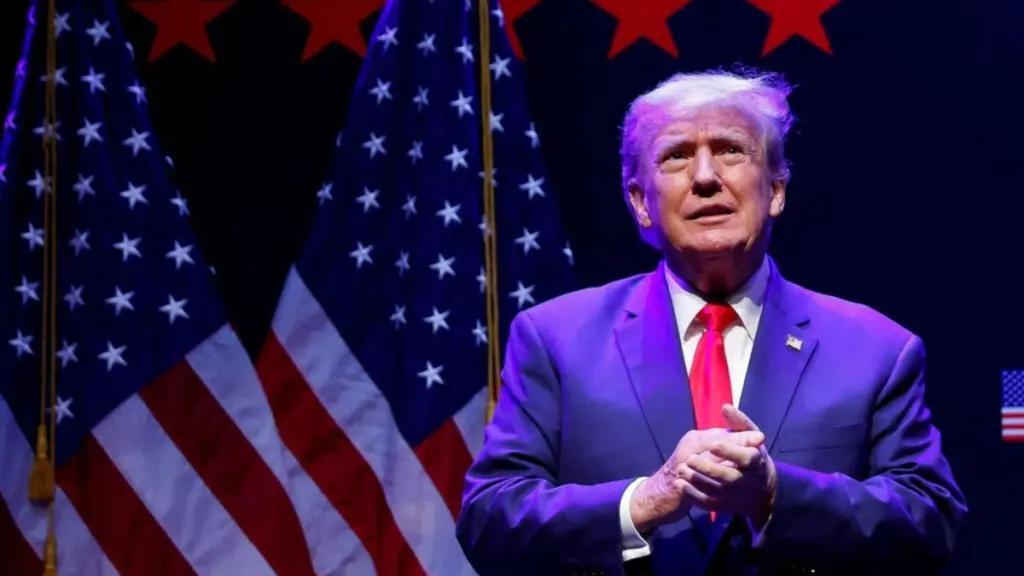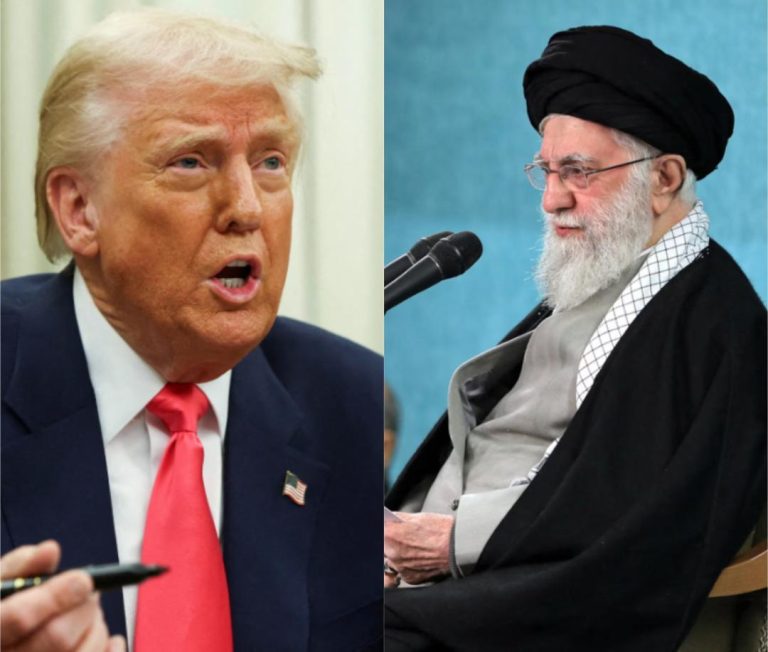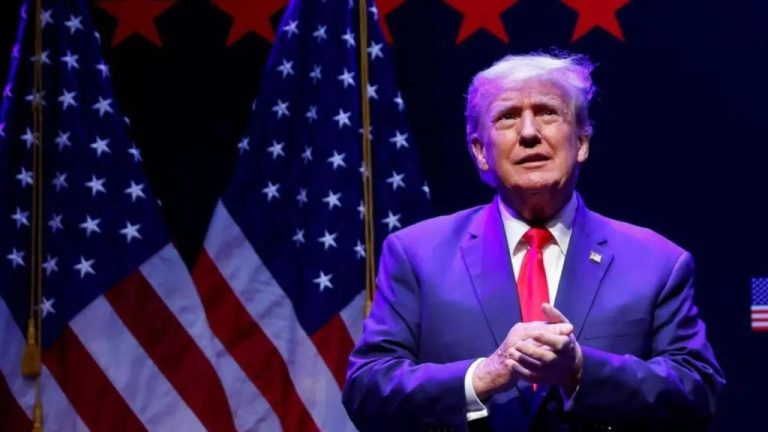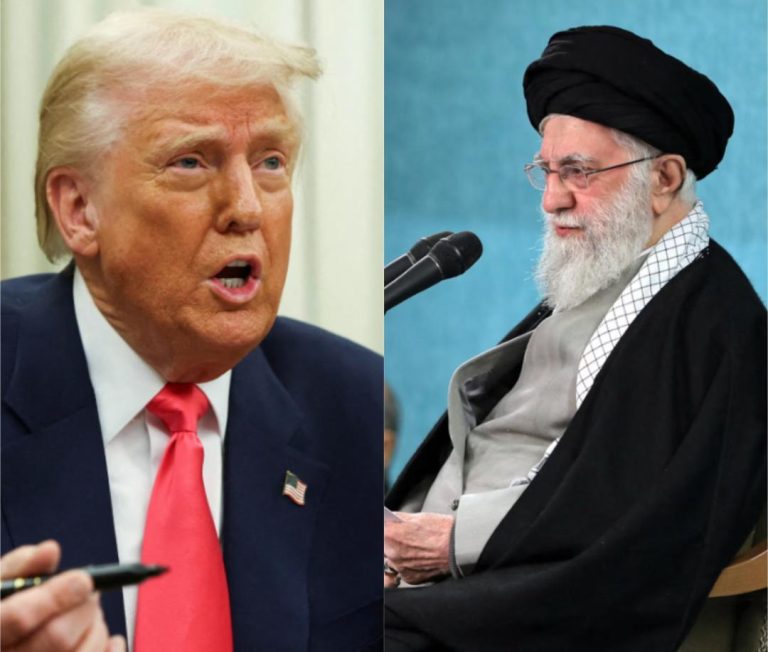
Donald Trump exempts smartphones & computers from reciprocal tariffs
In a move that has sent shockwaves through the tech industry, United States President Donald Trump has excluded smartphones, computers, and other electronic items from the reciprocal tariffs imposed on Chinese goods. According to a Customs and Border Patrol notice, the exemption applies to a range of electronic products, including laptops, tablets, smartphones, and other devices, as well as computer peripherals and accessories.
This decision comes amid concerns by tech giants, including Apple, that gadget prices may rise due to Trump’s tariffs, as many of these products are manufactured in China. The exemption is seen as a significant relief for the tech industry, which has been vocal about the potential impact of tariffs on their business and customers.
The development is part of a broader trade dispute between the United States and China, which has been escalating over the past year. In May, Trump imposed a 25% tariff on $200 billion worth of Chinese goods, which was met with retaliatory measures from China. In July, Trump increased the tariffs to 30%, and subsequently imposed a 15% tariff on an additional $300 billion worth of Chinese goods.
The latest move by Trump to exempt certain electronic products from the tariffs is seen as an attempt to balance the interests of American consumers and the tech industry, while also maintaining pressure on China to negotiate a trade deal. The exemption applies to electronic products that are valued at less than $800, and does not include products that are made in China using American components.
The tech industry has been vocal about the potential impact of tariffs on their business and customers. In July, Apple CEO Tim Cook wrote a letter to Trump, expressing concerns that tariffs could increase the cost of Apple’s products and potentially harm American consumers. Cook argued that tariffs would not only increase the cost of products, but also lead to a loss of American jobs and economic growth.
Other tech companies, including Microsoft and Google, have also spoken out against the tariffs, citing concerns about the impact on their business and customers. The Computer and Communications Industry Association (CCIA), a trade association that represents the tech industry, has also been vocal about the potential harm caused by tariffs.
The exemption of electronic products from the tariffs is seen as a significant relief for the tech industry, which relies heavily on imports from China. According to a report by the Information Technology and Innovation Foundation, the tech industry imports more than $100 billion worth of goods from China each year, including components, parts, and finished products.
The exemption is also seen as a victory for American consumers, who may see lower prices for electronic products as a result. A report by the National Association of Manufacturers estimates that tariffs could increase the cost of electronic products by as much as 20%, which could lead to higher prices for consumers.
However, not everyone is pleased with the exemption. Some critics argue that the exemption is unfair, and that it benefits only a select few companies and industries. Others argue that the exemption will only delay the inevitable, and that tariffs will eventually be imposed on electronic products.
In conclusion, the exemption of smartphones, computers, and other electronic items from the reciprocal tariffs imposed on Chinese goods is a significant development in the ongoing trade dispute between the United States and China. While the exemption is seen as a relief for the tech industry and American consumers, it is also a complex issue that has sparked debate and controversy.
Source:






